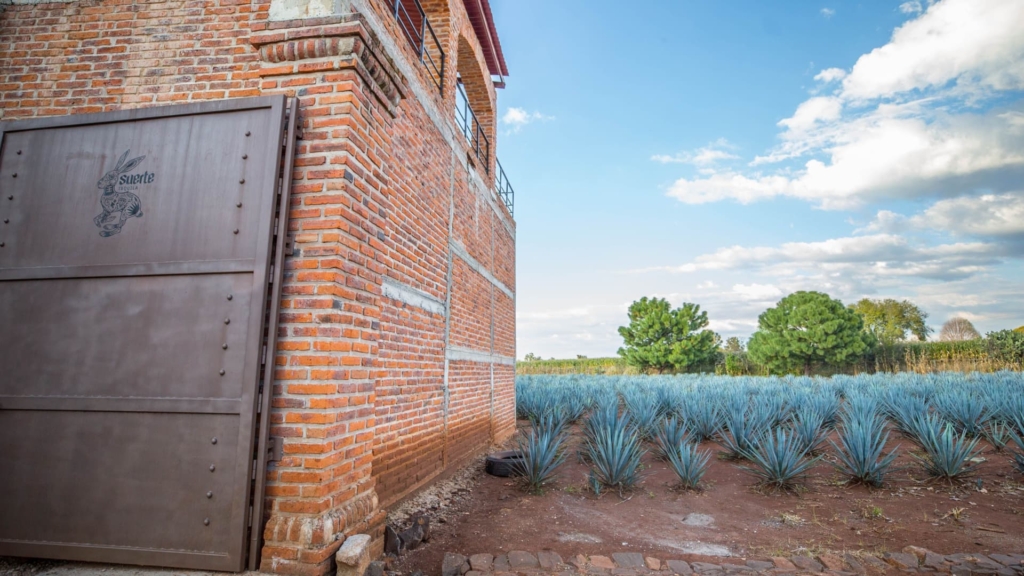Amid concerns from some tequila producers about potential price increases due to tariffs, Suerte Tequila, based in Colorado, has stated its commitment to maintaining stable prices for consumers. The company plans to absorb any increased costs rather than passing them on.
This Jalisco-crafted tequila brand assures customers that they will not see any hikes in prices, setting it apart from competitors who may adjust their pricing strategies.
“Absorbing the cost of the tariff aligns with our philosophy and the way we have designed and grown our business,” commented Laurence Spiewak, CEO of Suerte Tequila.
Suerte, which has been in operation since 2012, is known for its small-batch, single-estate, handcrafted tequila. The company took significant steps early in its journey by acquiring majority ownership of its Mexican distillery from the family of the original distiller just one year after launching.
In addition to its distillery ownership, Suerte is among a select group of registered tequila brands that own their agave fields and maintain long-standing relationships with agave growers, a strategy that Spiewak claims offers a competitive advantage.
“Ninety-nine percent of brands our size do not own their own factory in Mexico and operate under different cost structures,” he pointed out.
Spiewak also expressed confusion over the industry’s trepidation regarding price increases, as agave prices have seen a significant decrease. “Agave prices are down tremendously, so why would we raise prices?” he questioned.
The IWSR’s recent 2024 analysis of agave reveals that agave prices which reached an all-time high of 32 pesos (approximately USD $2) per kilogram in 2022 have plummeted to 5 pesos (about USD $0.30) by February 2024.
His views starkly contrast with larger industry figures such as those from Jose Cuervo’s parent company Becle and Diageo, which have signaled the likelihood of increasing prices amid tariff pressures.
Becle has previously indicated a potential $80 million impact on its finances if tariff measures are enacted, while analysts at Jefferies estimated that Diageo could experience a decline in group sales of up to 1.5%.
“I completely understand why larger brands are distressed over a 25% tax,” Spiewak remarked. “Our entire cost structure, from manufacturing to packaging to export and import processes, is fundamentally different.”
Owning the land grants Suerte control over production costs, which helps keep prices competitive. Brian Rosen, chairman of adult beverage investment firm InvestBev, emphasized that Suerte’s independence is its real competitive strength, allowing it to navigate market pressures that larger companies face.
“These publicly traded companies with shareholders and boards are under significant pressure as sales slow, costs rise, and consumer drinking habits change,” Rosen noted. “Larger firms have to take losses, whereas smaller companies are free from such burdens.”
In 2024, while many sectors of the spirits industry struggled, tequila and mezcal stood out with impressive sales growth. The U.S. imported $5.2 billion in tequila and $93 million in mezcal from Mexico, according to the Distilled Spirits Council of the U.S.
Suerte’s tequila shipments surged by 55.8% in 2024 compared to the previous year, continuing this upward trend with a 43% year-over-year growth through February 2025, according to Spiewak.
“The secret to our success is our ability to maintain focus in a crowded marketplace,” Spiewak concluded. “Raising prices at a time when consumers are cautious about spending doesn’t align with our current strategy.”


























